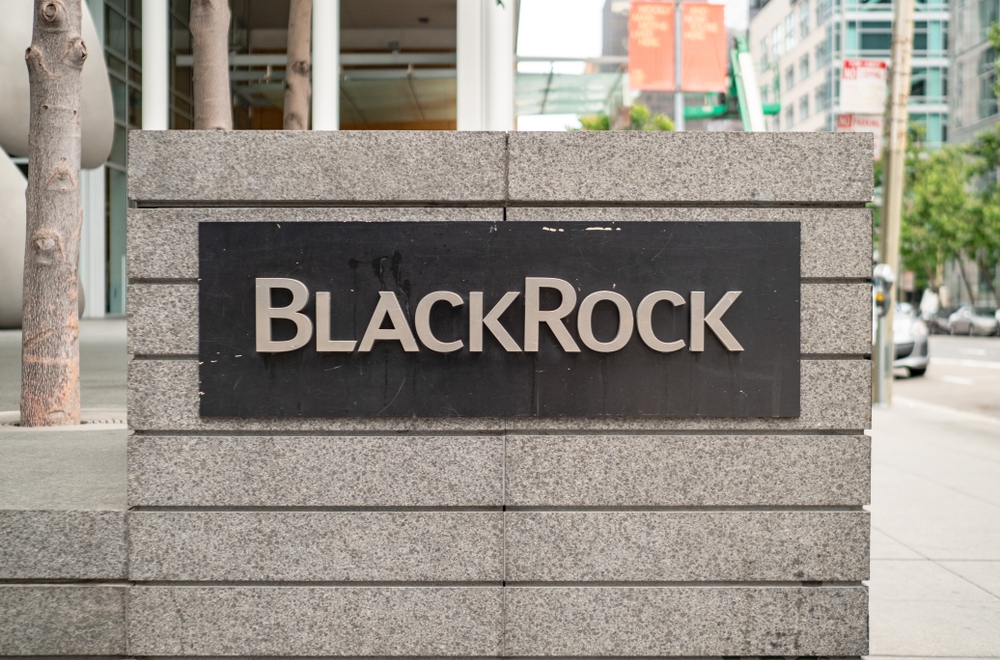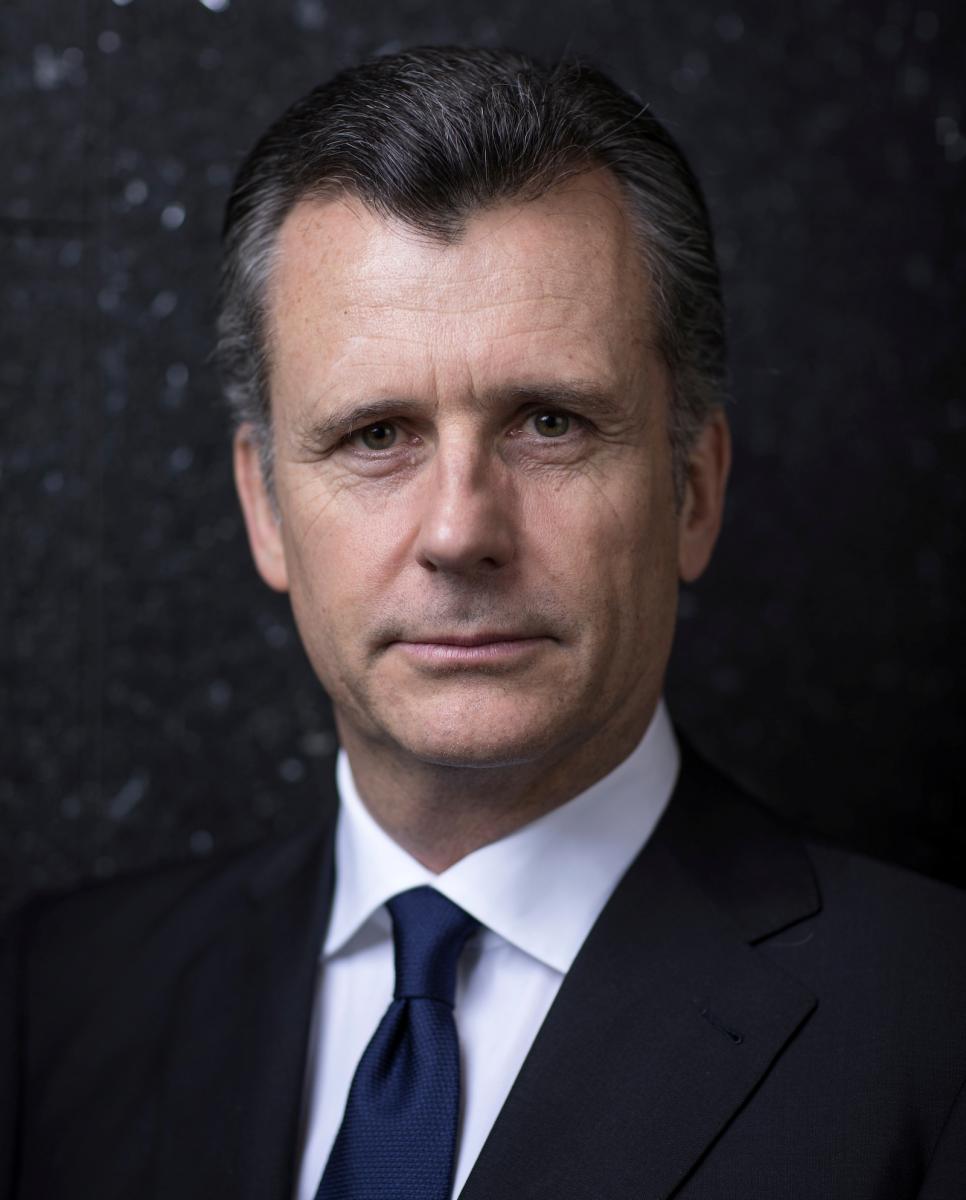Terry Slavin reports on how the asset manager has responded to booming ESG demand in Europe with new exchange-traded funds that are targeting a 30% decrease in emissions, and no loss of performance
BlackRock has thrown its weight behind the sustainable investment movement by becoming the first asset manager to publish the environmental, social and governance (ESG) ratings of companies across its entire iShares investment portfolio.
The world’s largest asset manager, with $6.32 trillion under management, also launched six new sustainable equity exchange-traded funds (ETFs), which target a 30% carbon reduction compared with six parent MSCI indices with no loss of performance.
“We are offering retail investors access to the same indices, but with a 30% decrease in greenhouse gas emissions. It’s now a question of why not [invest with an ESG lens]?, BlackRock managing director Carolyn Weinberg said while briefing journalists at BlackRock’s London headquarters last week.
This is the first time we have moved away from niche solutions, which we’ve had for some time, to the full suite of ESG assets
Since the company launched its first full suite of six ESG-screened funds in October last year, it has seen investment in ESG assets grow twice as quickly as in the previous 10 months. The ESG funds have attracted eight times the traffic on BlackRock’s iShares ETF platform as its conventional ETFs.
“People want to see what’s inside our products. So we decided to look at every single one of our ETFs globally and show the same statistics and data. Not only are we putting data on the website, we are doing engagement with clients. We are seeing full conversations that are data-driven and portfolio-optimisation driven.”
The range gives ESG investors access to six different MSCI indices, but screens out companies with exposure to nuclear weapons, civilian firearms, tobacco, thermal coal and oil sands, as well as those in violation of UN Global Compact principles. On the Europe fund, excluded companies include Shell, Novartis, British American Tobacco, Rio Tinto and Airbus.

Philipp Hildebrand, BlackRock’s vice chairman, said: “This is the first time we have moved away from niche solutions, which we’ve had for some time, to the full suite [of ESG assets], including fixed income. To me the passive side [of ESG investment] is very, very exciting.”
BlackRock has sought to promote sustainable investment through chairman Larry Fink’s annual letter to CEOs, its stewardship processes, and its direct engagement with over 1,000 companies, Hildebrand said, but "the most important way we can drive this forward is through capital allocation: if you start to see, as a company, that because you have a low ESG score capital is being withdrawn from you and being reallocated to a competitor with an elevated ESG score, what stronger incentive can there be?”
He said BlackRock wanted to amplify the process “by providing choice to clients and instruments that allow for this market mechanism to take hold.” And although BlackRock could have charged a substantial premium in fees, he said, “We are offering this at the same price as traditional products because we want to ensure pricing is not a barrier.”
Demand for ESG products will go global over time, but at the moment it’s a European story'
But Hildebrand made clear that the boom in demand for ESG products is particular to Europe. “I personally am convinced that it will go global over time, but at the moment it’s a European story.”
The drivers are “coming from the demand side and from the political and social side, with policymakers and regulators focused on advancing this topic.”
He pointed to Germany, which earlier this month announced its intention to become a sustainable finance hub, saying it would make Germany’s financial sector more competitive.
The Dutch central bank, meanwhile, has issued clear guidelines that its reserves and pension fund must be sustainably invested.

Another factor has been the recommendations of the Task Force on Climate-related Financial Disclosures (TCFD), which Hilldebrand said “incentivises companies to be more transparent, which makes these types of products easier to construct.”
According to Greenwich Associates, half of European institutional investors expect to have more than half their assets managed with ESG criteria within five years, while BlackRock’s research indicates that its ESG ETF assets, which amount to $12bn today, will grow 20-fold to $250bn by 2028.
However, with the International Energy Agency estimating that transitioning to a clean economy will require investment of $1trn per annum for the next 20 years, it is clear that European investors alone will not bring about the green finance revolution required.
Most operators in the US economy are focused on the near-term and asking what the trajectory of regulation will be in the next five to 10 years
Asked by Ethical Corporation how far behind the US is in ESG, Brian Deese, BlackRock’s global head of sustainable investing, and formerly President Barack Obama’s senior advisor on climate and energy, said: “Most operators in the US economy are [focused on the] near-term and asking what the trajectory of regulation will be in the next five or 10 years.
And despite the “new dynamics politically” from movements like the Green New Deal, that regulatory uncertainty is unlikely to clear in the next couple of years.
But the good news is that IEA and US projections over the past five or six years have consistently under-estimated the cost-competitiveness of wind and solar, and how quickly they will be able to enter the market when the regulatory drivers are in place, he added.

Asked if the more than 500 companies that have signed up to science-based targets had seen their ESG evaluations improved, Deese said; “We are looking closely at the Science Based Targets initiative, both from an engagement and an investment perspective, but the skew has been towards companies in the services sector, where climate risk is less material.”
Remy Briand, head of ESG at MSCI, said companies were scrambling to meet the demand by European investors for ESG disclosure, leading to a proliferation of greenwash.
“There’s demand, so there’s supply, but not everyone is doing a great job,” Briand said. “A lot of people in the asset management world now have good answers to the question ‘are you a leader and explain your process of ESG integration’, so it’s becoming harder to see who is really good.”
He added: “One aspect that will be our focus going forward is on outcomes, to see if it [ESG integration] has changed behaviour at a portfolio level. … Our goal is to provide ESG ratings on any holding an institutional investor may have.”
Ryan O’Keeffe, managing director at BlackRock, will be one of more than 150 speakers at the 18th Responsible Business Summit Europe 2019, 10-12 June in London
BlackRock sustainable ETFs ESG investors SBTi MSCI TCFD


